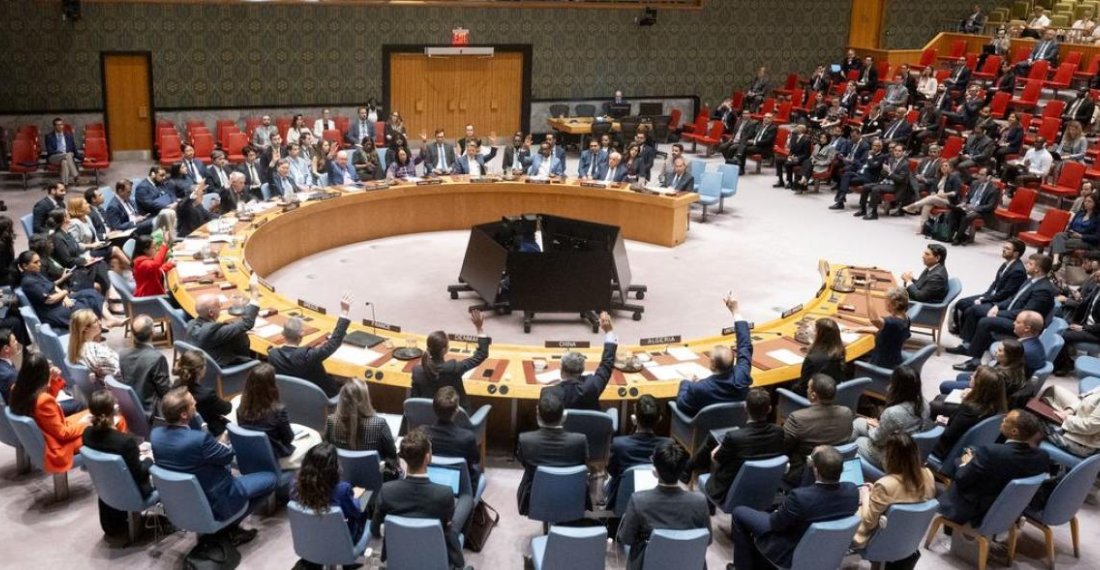On Thursday (18 September), the United States exercised its veto power at the United Nations Security Council to block a draft resolution that demanded an immediate, unconditional, and permanent ceasefire in Gaza. The resolution also called for the lifting of restrictions on humanitarian aid to the enclave and the unconditional release of all hostages held by Hamas and other groups. Fourteen of the fifteen council members backed the resolution; the US alone opposed it.
The veto marks the sixth time the US has blocked such a resolution since the Gaza conflict intensified. Proponents of the measure pointed to the worsening humanitarian situation, including confirmed cases of famine in Gaza. Israel’s war in Gaza has claimed the lives of at least 70,000 Palestinians, with thousands of civilians still unaccounted for under collapsed buildings.
In defending its veto, the United States argued that the resolution failed to condemn Hamas adequately and did not sufficiently affirm Israel’s right to self-defence, which it views as critical in any ceasefire arrangement. Washington also contended that without those elements, the draft would effectively legitimise Hamas’s actions and weaken diplomatic leverage.
The timing of the veto is politically significant. It arrives just days before the annual UN General Assembly, where Gaza is expected to be a major item on the agenda. Several of America’s traditional allies are also moving toward recognising an independent Palestinian state, an idea strongly opposed by both Israel and the US. Public sentiment inside the US appears to be shifting: surveys suggest that around half of Americans believe the Israeli military response in Gaza has “gone too far.”
The US veto has provoked widespread criticism. Diplomats and civil society actors argue that blocking this resolution further isolates the US and Israel diplomatically, underlining a growing global perception that humanitarian law and civilian protection are being sidelined.






